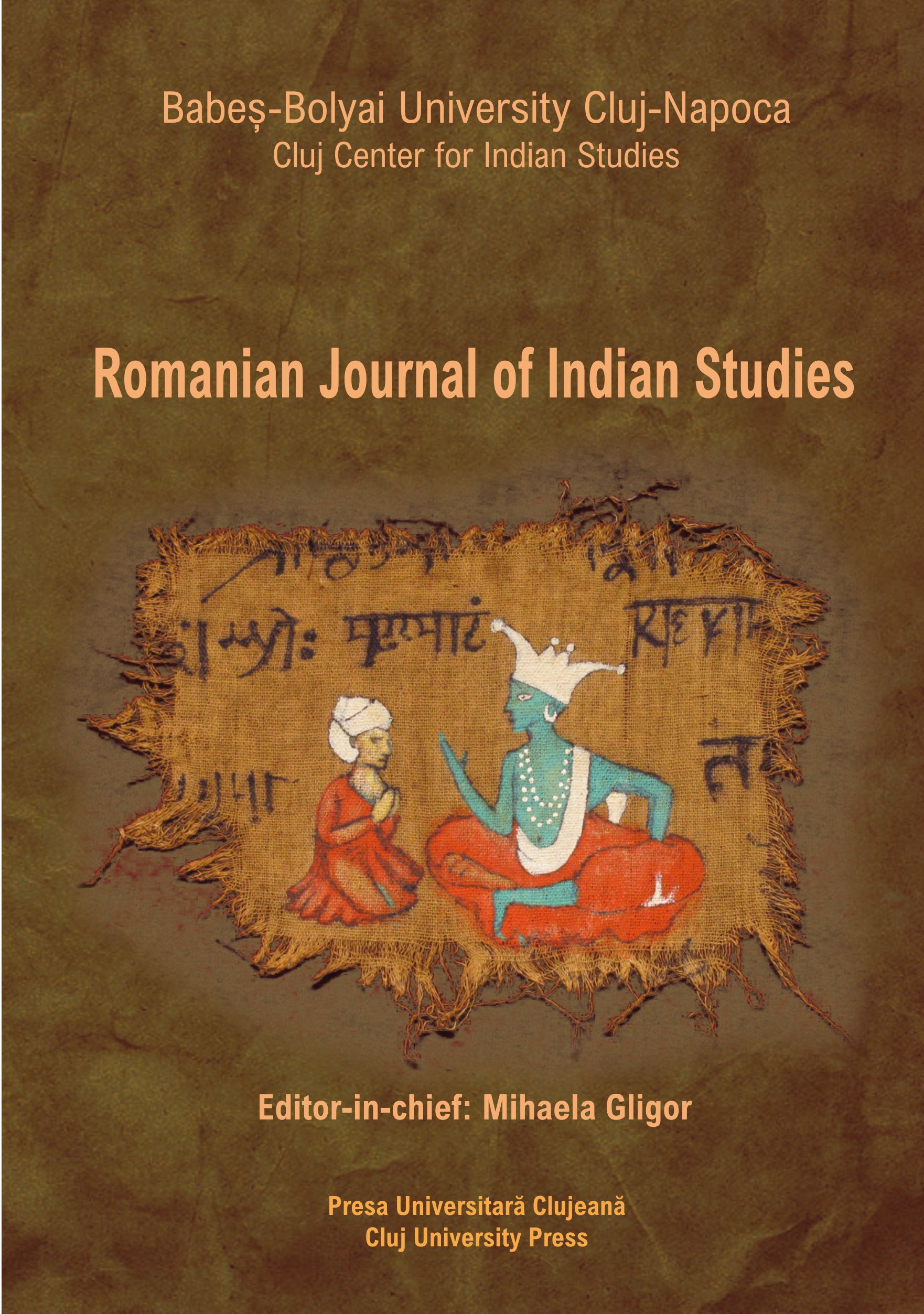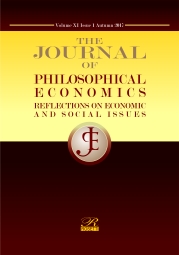
Śmierć intelektualisty. Nareszcie!
Until recently, the “intellectual” was a figure associated with many myths. Karl Marx abandoned a career as a bourgeois academic and journalist to become a permanent political exile; György Lukács gave a pen to a KGB officer, after he had been asked to lay down arms; Kuroń and Modzelewski wrote a “Letter to the Party,” and as a result they spent years in prison; Sartre declined the Nobel Prize… Now the figure of the intellectual is dead. The contemporary Polish academic could not be more distant from this topos. The contemporary Polish academic is a conformist and careerist producing articles in the same way a factory worker produces commodities. However, in contrast to the latter, the former is unable either to reflect on or to fight for anything, even himself. But although bourgeois economists believe that “There has been history, but there is no longer any” and will be content to convert intellectuals into wage labourers, history is only just beginning. Total alienation, the subsuming of the faculty of thought to the accumulation of capital, demands total rebellion.
More...

